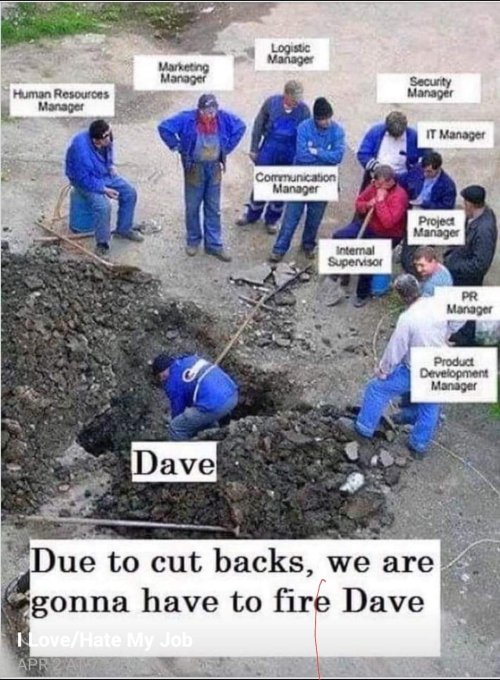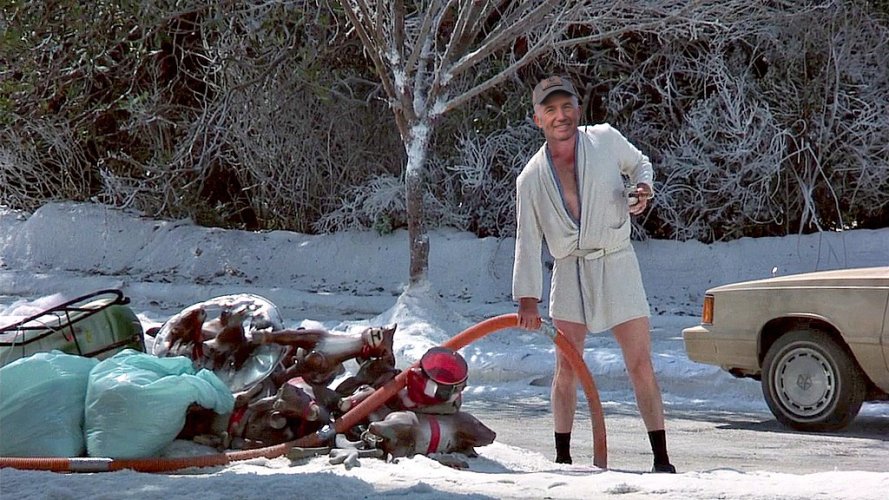ismith
Well-known member
Just think Buzz, with all the shitter pumping experience you're going to get before you retire, you'll be set to start a multi-million-dollar septic pumping company!It's just a non starter to expect volunteers to pick up the slack of 3600 employees that were let go.










